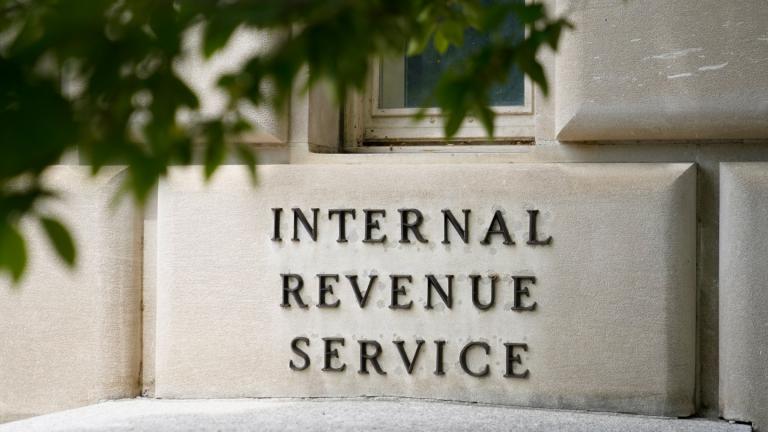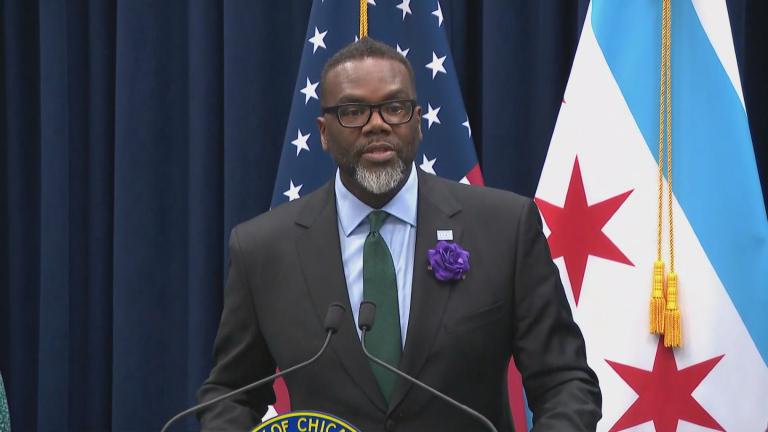Tuesday marks the beginning of a payroll tax holiday — but don’t get too attached to the extra cash. It’s due back in April.
The deferral comes as one of four executive orders President Trump signed last month to provide relief to Americans during the pandemic and boost the economy. Though not without uncertainty about how the deferral will be executed and what it means for employers and employees.
“You get a little extra time before you pay your regular payroll taxes. You can think about it as you’re getting a larger paycheck right now and then in the future, when you have to pay the taxes back, you’re going to get a smaller paycheck,” said Damon Jones, an associate professor at the University of Chicago’s Harris School of Public Policy. He conducts research at the intersection of public finance, household finance and behavioral economics.
The deferral will run from Sept. 1 until the end of the year, and will apply to people who earn less than $4,000 every two weeks before taxes. The deferred taxes will be due on April 30, 2021.
Employers typically take money out of paychecks and send it to the federal government on behalf of their employees. This tax holiday allows them to stop doing that through the end of the year. However, next year employers would need to collect that money and send it to the federal government, Jones explained.
Just days before the executive order took effect, the Internal Revenue Service released guidelines for the deferral, which largely leaves employers responsible for the payment.
“There’s a lot of question marks about who is on the hook for those taxes if there’s separation between the employer and the employee, so there’s a lot of unknowns,” Jones said. “Employers are being asked to not do business as usual, but to make a lot of adjustments to their payroll system.”
Since the deferral is optional, some employers will choose to do it, and others won’t because of the uncertainty, Jones said. The tax holiday also creates uncertainty for employees.
“This is basically like a loan, you have to pay it back, and sometimes loans can be helpful, but for other people it may be too much uncertainty,” Jones said. “Will you owe this money back? How will you pay it back?”
It’s a question of what they do with that money, Jones said. Some may spend it and then be in for an “unpleasant surprise” next year when it has to be paid back.
“I think everyone would like money in the short run, but if this is money that you’re gonna have to turn around and pay back within a number of months, then there’s a question about how useful it is,” Jones said. He said passing legislation to cut taxes or give residents money they don’t have to pay back would be more fruitful.
This comes as Trump says he will terminate the payroll tax if he is reelected, which Jones doesn’t think would be beneficial to the economy.
“The payroll tax plays an essential role in our Social Security system and to just eliminate that would cause havoc on thinking about how we’re funding it, how it’s operated and also the political stability of that type of program,” Jones said.







